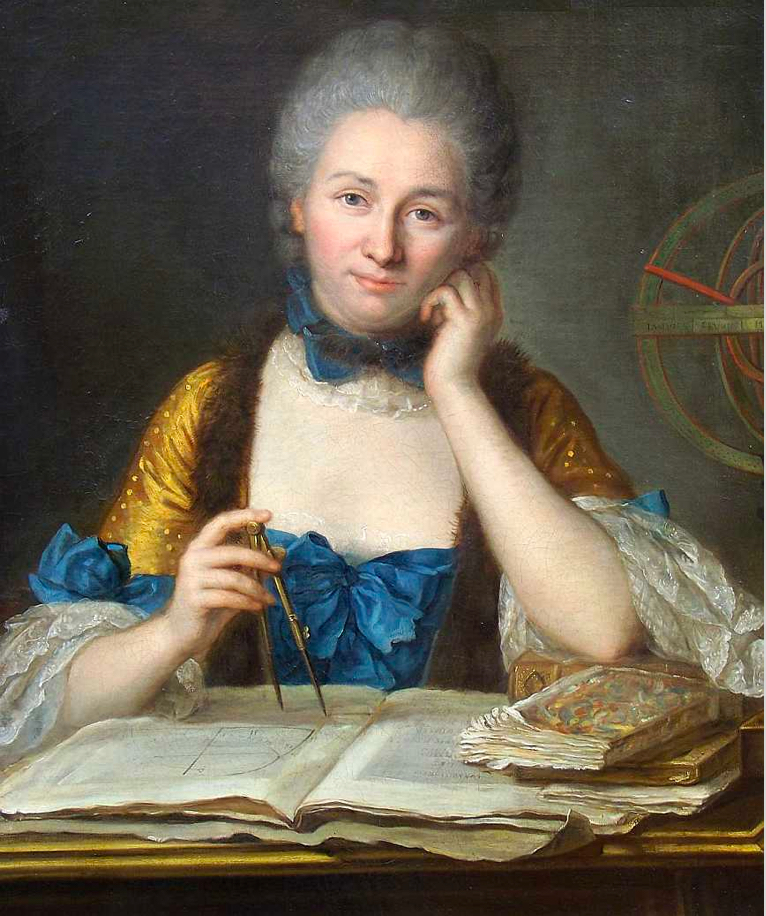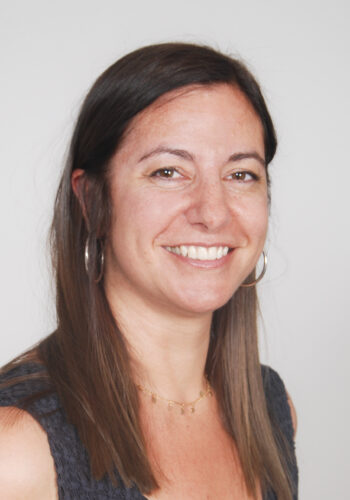Pourquoi la tech ?
Parce que nous vivons dans un monde régi par les technologies sous toutes ses formes :
technologies de l’information et de la communication, développement software,
technologies embarquées, intelligence artificielle… Je suis naturellement arrivée à la
tech de par mon parcours de formation en sciences cognitives. La conception centrée
utilisateur et l’usage de systèmes complexes et de nouvelles technologies à des fins
personnelles ou professionnelles dans l’industrie sont des problématiques sur lesquelles
je travaille depuis toujours et qui ont façonné et orienté ma façon de penser au
quotidien. Elles constituent le fil rouge de mon parcours professionnel.
Votre parcours ?
Après avoir validé un DEUG en biologie et un diplôme d’ingénieur en cognitique, j’ai
soutenu une thèse en sciences cognitives orientée ergonomie cognitive et psychologie
du travail. Il s’agissait d’une thèse CIFRE, donc industrielle, réalisée chez EDF R&D
dans un laboratoire mobilisant les technos vidéos pour analyser l’activité humaine. Le
dispositif de capitalisation de savoir-faire et de formation vidéo conçu pendant ma
thèse a été industrialisé par la branche formation du Groupe EDF.
J’ai ensuite été sélectionnée par la Commission Européenne pour une bourse de
recherche Marie Curie intra-Européenne, me permettant ainsi de poursuivre mes
recherches dans le cadre d’un post-doctorat de 3 ans dans un laboratoire de
psychologie sociale, à la London School of Economics (UK). J’ai continué à travailler
sur la conception de dispositifs innovants de formation professionnelle en collaboration
avec les centres de formation de la police Norvégienne.
En rentrant en France, j’ai intégré il y a maintenant 6 ans une équipe d’ergonomie
cognitive à la Direction de la Recherche/Ingénierie du Groupe Renault SAS où j’ai
travaillé sur différents projets d’innovation (véhicules autonomes, nouvelles aides à la
conduite, IHM de conduite, etc.). Tout en intégrant la filière expertise IHM de Renault,
j’ai monté et piloté un projet de recherche portant sur la formation des utilisateurs à
la prise en main des véhicules autonomes, et dont les résultats sont aujourd’hui en
cours de transformation (industrialisation).
J’ai été promue manager il y a un peu plus d’un an.
Et tel que je l’avais commencé pendant ma thèse, je continue modestement
d’enseigner en parallèle en école d’ingénieur, j’aime le contact avec les étudiants.
Votre première expérience professionnelle dans la tech ?
Je baigne dans la tech depuis ma formation d’ingénieur : penser, concevoir, mobiliser des outils et systèmes innovants pour répondre à des problématiques industrielles complexes tout en centrant le raisonnement sur les besoins utilisateurs/clients fait partie pour ainsi dire de mon ADN. Concevoir un outil ou un dispositif quel qu’il soit c’est avant tout l’étudier et le penser dans un système d’interactions global (internes, externes) et sociétal. Cette confrontation de points de vue techno-centrée (faisabilité technique) versus centrée sur l’homme est parfois encore difficile à défendre dans le monde de l’ingénierie, mais c’est celle en quoi je crois et que je défends.
Que faites-vous aujourd’hui et pourquoi ?
Je suis manager chez Renault. Je dirige aujourd’hui une équipe de 13 collaborateurs, investis et passionnés, constituée de développeurs software, spécificateurs/ingénieurs systèmes, et chefs de projet innovation dans le dans le domaine des interfaces graphiques (UI) et de l’expérience utilisateur (UX) automobile. Nous contribuons à la conception et au développement logiciel des IHMs multimédia des cockpits embarqués des véhicules de demain. Le terrain de jeu est passionnant et les challenges sont nombreux.
Vos atouts pour ce poste ?
Une culture à la frontière entre l’ingénierie et la recherche, entre les sciences dites « dures » de l’ingénieur et les sciences « molles » de type psychologie, ergonomie qui me permet d’accompagner mes collaborateurs pour faire avancer des problématiques de développement UX/UI dans un monde de développement software et système, tout en poussant vers une dynamique d’innovation qui contribue aux roadmaps technos en lien avec la stratégie du Groupe.
L’écoute, le coaching, la co-construction avec le métier et une vision collaborative du travail font également partie de mes outils de travail au quotidien.
Vos défis passés, vos ratés, vos grands moments de solitude ?
Des problèmes de santé m’ont forcé à trouver en moi de nouvelles ressources pour me reconstruire et me réorienter professionnellement quand je n’avais que 30 ans. J’y suis parvenue, j’en suis fière et je peux dire aujourd’hui que je me sens totalement en phase avec moi-même et épanouie dans le métier que j’exerce.
Vos meilleurs moments, les succès dont vous êtes fière ?
Un sentiment d’accomplissement lors de ma soutenance de thèse et mes publications scientifiques.
Une grande fierté d’avoir décroché une bourse de recherche Marie Curie. C’était un dossier difficile et long à monter, mais cela en valait la peine !
Devenir manager. Et le fait de faire contribuer mon équipe actuelle au développement d’un produit résultant du projet de recherche que j’ai piloté durant mon précédent poste.
Des personnes qui vous ont aidée/marquée ou au contraire rendu la vie difficile ?
Mon mentor, Prof. Saadi Lahlou, actuellement Directeur de l’Institut d’Etudes Avancées de Paris. Son optimisme, ses projets un peu fous mais toujours visionnaires, et sa volonté de casser les codes m’ont toujours inspiré. Il est un exemple de parcours atypique assumé qui cherche dans toutes ses entreprises à faire évoluer le Monde. Il m’a accompagné depuis le début de ma carrière professionnelle, en me suivant pendant mes travaux de recherche à Paris et à Londres et en continuant à me conseiller de façon toujours bienveillante.
Sans nul doute, il est à l’origine de la vision organisationnelle, systémique et collaborative du Monde qui draine ma conception de la vie et du travail.
Vos envies et défis à venir ?
Continuer à manager des équipes dans le monde de la tech et de l’innovation pour les faire évoluer, avancer, grandir individuellement et collectivement, tout en contribuant à faire bouger les lignes pour aller toujours plus loin dans l’efficience des technos et produits que l’on conçoit.
Je souhaite également continuer à gagner en expertise pour contribuer stratégiquement aux orientations industrielles de demain.
Et que faites-vous en dehors de votre travail ?
J’aime lire, cuisiner, faire du yoga, me balader. Voyager aussi, pour découvrir de nouvelles villes, de nouveaux pays et de nouvelles cultures.
Vos héroïnes (héros) de fiction, ou dans l’histoire ?
Marie Curie et Simone Veil, des femmes brillantes, volontaires et disruptives.
Votre devise favorite ?
Ce qui ne me tue pas me rend plus forte.
Un livre à emporter sur une île déserte ?
Un roman ou un thriller.
Un message ou un conseil aux jeunes femmes ?
Donnez-vous les moyens de toujours être en accord avec vous-même et de transformer vos rêves en réalités.


